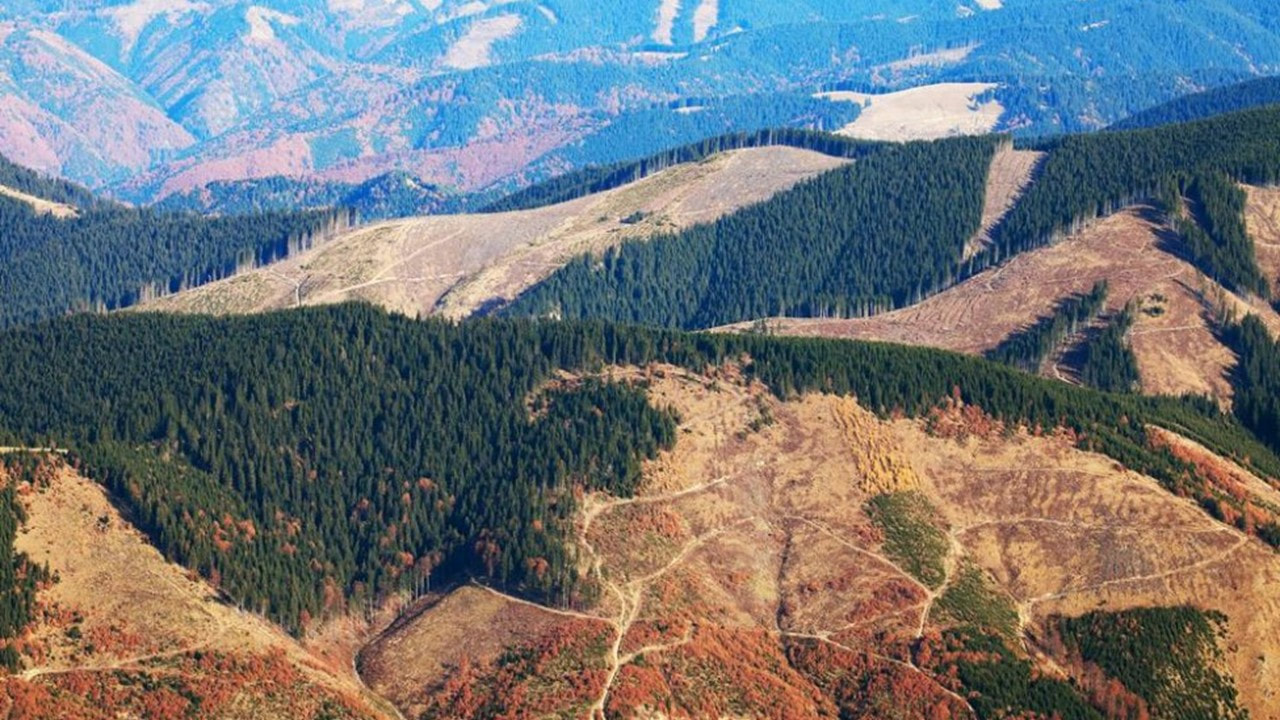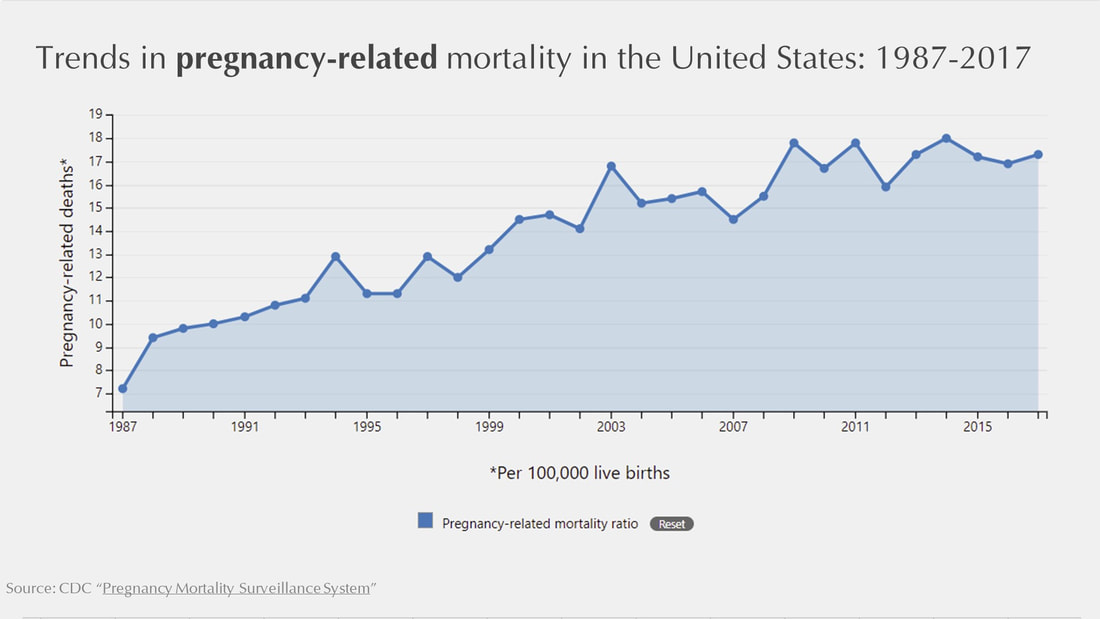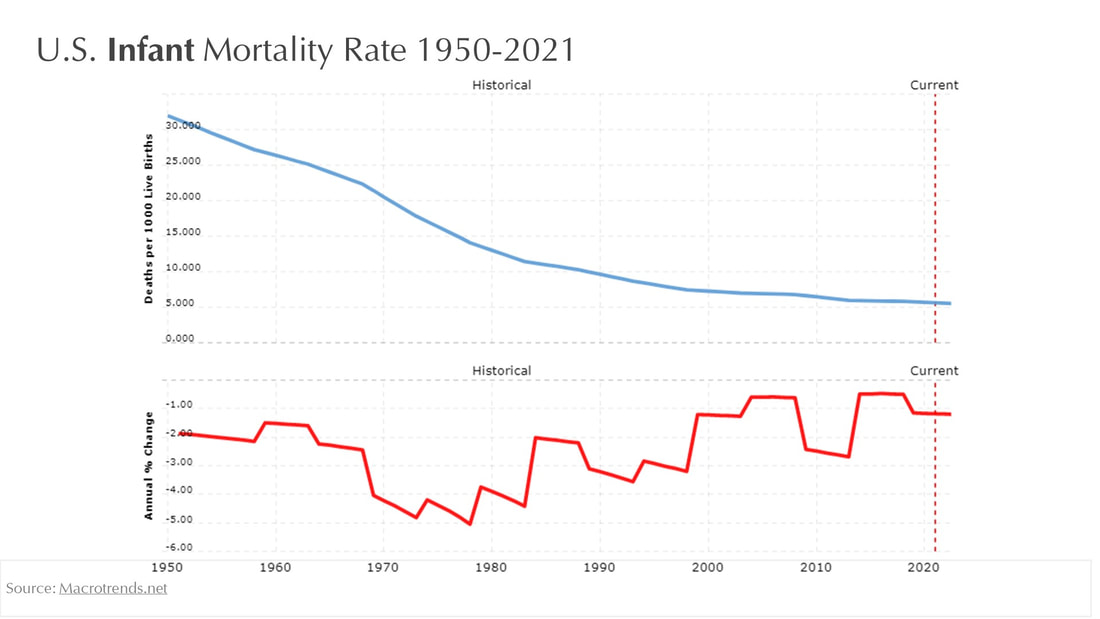Scott Anderson1 Samuel 1:4-20 † 1 Samuel 2:1-10 † Hebrews 10:11-14, 19-25 † Mark 13:1-8 You can view a video of the service and sermon here. Franz Dolp was a professor of economics at Oregon State University when he began, perhaps, the greatest work of his life. As a young father and professor, his marriage had eroded, and his dream of creating an Oregon homestead with it. When he drove away from the farm intended for “till death do us part,” it was with the good-bye blessing, “I hope that your next dream turns out better than your last.”[i] He eventually found his way to forty acres on Shotpouch Creek. This logged-out, chaotic hot mess of vine maples, leggy hardwoods, and thorns was in the same Oregon coast mountains where his grandfather had made a hardscrabble homestead. In his journal, Franz wrote that he had “made the mistake of visiting the farm after it was sold. The new owners had cut it all.” I sat among the stumps and the swirling red dust, and I cried. When I moved to Shotpouch after leaving the farm, I realized that making a new home required more than building a cabin or planting an apple tree. It required some healing for me and for the land.”[ii] “My work [at Shotpouch] grew out of a deeply experienced sense of loss,” he wrote, “the loss of what should be here.”[iii] Robin Wall Kimmerer tells the story of how Franz Dolp, a wounded man, moved to live on wounded land at Shotpouch Creek in her book Braiding Sweetgrass, in a chapter she titles “Old Growth Children.” Franz wrote in his journal, “These forty acres were to be my retreat, my escape to the wild. But this was no pristine wilderness.” The land was razed by a series of clear-cuts over the years—first the venerable old-growth forest and then its children. No sooner had the Doug firs grown back than the loggers came for them again.[iv] Everything is different after land is clear-cut. Sunshine is abundant, the soil is broken open and unstable, temperatures rise, the humus blanket gives way to exposed minerals. Forest ecosystems have tools for dealing with disturbances, of course. Early plants get to work on damage control, quickly.
0 Comments
Scott AndersonActs 1:15-17, 21-26 † Psalm 1 † 1 John 5:9-13 † John 17:6-9 A video version of this sermon can be found here. Perhaps you are aware that the US is the only developed country in which pregnancy-related mortality—deaths of women in childbirth—is actually going up rather than down. And while rates of infant mortality have generally gone down over the years, infant mortality remains a big problem among some populations—this in a country that has demonstrated such astonishing scientific capabilities when it comes to things like rapidly developing vaccines in a crisis that we are able to anticipate being back together next week. As of 2020, American women were far more likely to die from pregnancy-related causes than women in other wealthy countries.[i] There is an important, and startling caveat to all this, though. These numbers are not trending across the board. Both of these rates are driven by what is going on with Black women and babies.
Scott AndersonJeremiah 31:31-34 † Psalm 119:9-16 † Hebrews 5:5-10 † John 12:20-33
A video version of this sermon can be found here. Unless a grain of wheat falls into the earth and dies, it remains just a single grain; but if it dies, it bears much fruit. Here is the crux, the turning point of John’s gospel. It marks the major turn in the structure of the book. The hour has indeed come, even though we are only halfway through the gospel. “Now is the judgment of this world; now the ruler of this world will be driven out.”[i] We should not miss this. And if we do not understand, we are wise to listen and open ourselves to it until we do. To accentuate the point, we hear not only the voice of Jesus, but the voice of heaven affirm it. In the other gospels—in Matthew, Mark, and Luke—the voice of God is also heard, but at Jesus’ baptism. In John, it is heard here and here only. “I have glorified it—God’s name, that is—and I will glorify it again.” Why here? And what does it mean? This is a strange affirmation to a strange fruit. Perhaps it seems counterintuitive to believe that death breeds life. We do know, though, the truth of this text so central to our Christian faith. We have seen again and again the power of self-giving and sacrifice. Martyrs through history have given themselves so that life would change for the many. Scott Anderson2 Kings 2:1-12 † Psalm 50† 2 Corinthians 4:3-6 † Mark 9:2-9
A video version of this sermon can be found here. In her timeless book Pilgrim at Tinker Creek Annie Dillard recalls that when she was six or so she would take a penny—a precious penny of her own” and she would hide it for someone else to find—always along the same stretch of sidewalk up the street. If she had any regrets, about this, it was that the compulsion was short-lived. “I would cradle it at the roots of a sycamore” she writes, or in a hole left by a chipped-off piece of sidewalk. Then I would take a piece of chalk, and, starting at either end of the block, draw huge arrows leading up to the penny from both directions. After I learned to write I labeled the arrows: SURPRISE AHEAD or MONEY THIS WAY. I was greatly excited, during all this arrow-drawing, at the thought of the first lucky passer-by who would receive in this way, regardless of merit, a free gift from the universe.[i] Dillard is thinking here about seeing, about being aware of what is around us. She is making the point that “free surprises” and “unwrapped gifts” lay all about us in the world. Scott AndersonDeuteronomy 34:1-12 † Psalm 90:1-6, 13-17 † 1 Thessalonians 2:1-8 † Matthew 22:34-46
Back in 2000 my daughter Claire and I went camping with a dear friend and his daughter. The next year another dear college friend and his daughters joined us. Soon enough, my son Peter was old enough and he started coming, building what became a summer camping tradition that lasted some 15 years—essentially through the school years of all our kids. The annual July drive to our camping trip in Mount Rainier National Park was always a highlight of the year. We hiked all through the park and in nearby locations. We celebrated meals together and spent long hours in conversation around the fire. We created memories that shaped us and will outlast my lifetime. The kids are older now. Half of them are married and have started their own families. There was one year, one conversation I was reminded of this week. We had been going to the same campground—Ohanapecosh in the Southeast corner of the Park—for at least a decade and we dads began to wonder if we ought to change it up a bit. So we proposed the idea of a new location, a new adventure for the following year to the kids. Before we could even finish the sentence, and with one voice they all cried out: “No! It’s tradition!” Now, let me try to explain the impact of this on me in the moment. Scott AndersonIsaiah 45:1-7 † Psalm 96:1-13 † 1 Thessalonians 1:1-10 † Matthew 22:15-22
A video version of this sermon can be found in the context of online worship here. We know from the outset that there is no good will here. Matthew tells us at the beginning that the Pharisees are out to entrap Jesus. They are looking to take him down. They are not seeking truth. They are long past that point. They are out for blood. And we know well enough they will soon get it. And they form a strange alliance to set their trap. Now, we don’t know much about the Herodians in the Matthew text, but their name suggests they are loyal to Herod. They are not religious; they are political—Roman partisans. They see the heavy hand of Roman rule on the Jewish people as justified, which puts them in opposition to the large population of Jerusalem that bristled under ongoing Roman occupation and rose up in popular armed rebellions on both sides of this story. So let’s just say there is some tension here. I suppose we might know a thing or two about that. Scott AndersonJeremiah 20:7-13 † Psalm 69:7-18 † Romans 6:1-11 † Matthew 10:24-39
A video of this meditation can be found here. The Jeremiah text caught me this week. I’m sure it’s the moment, the week, the flood of events that have turned our hearts and our attention toward realities that have been in plain sight for centuries and yet less noticed by me, a white male with layers of privilege that buffer my experience. Perhaps you too. My mother never gave me “the talk.” There was no need. I remember, in fact, a night in Marietta Georgia while I was a seminary student. Barb and I were out with some friends—a professor of mine, actually and his wife. I was driving. It’s a blur almost 30 years ago now. I took a right, I think. And then flashing blue lights. Then that feeling in the pit of my stomach. We pulled over, and looking back now, it’s almost as if I was possessed. I was obstinate—I mean more than usual, if you can believe that! Rude even, to the officer. I don’t know why. I can’t even explain it. Even in the moment I had the feeling of floating outside of my body, watching myself, unable to control what I was saying. Perhaps I was embarrassed in front of these friends. There’s no excuse for it. Here’s the thing, though. The officer was professional. He responded in measured tones. The encounter ended, and we were on our way. Had a few factors been different, who knows what might have happened? A black mother knows. Many black mothers know all too well. I suspect, Jeremiah knows. …whenever I speak, I must cry out, I must shout, “Violence and destruction! Scott AndersonGenesis 1:1-2:4a † Psalm 8 † 2 Corinthians 13:11-12 † Matthew 28:16-20 You may want to grab onto something and hold on for the next couple of minutes. This may be a bumpy ride, but worth it, I hope. We’ve been talking a lot these past few weeks since the death of George Floyd about systemic racism, and systems of oppression and privilege. This language may be new for some of us, and old hat for others, but I suspect it is a value for all of us, every now and then, to remember our story in the United States as one way of understanding these systems that support white supremacy. Here we go.[i] Scott AndersonActs 2:14a, 36-41 † Psalm 116:1-4, 12-19 † 1 Peter 1:17-23 † Luke 24:13-35 For over 1400 days—nearly four years—between 1992 and 1996, the city of Sarajevo was under siege. One study of the survivors found that many had developed a super-heightened sense of spatial awareness—a skill for evading bullets or bombs, a skill that they carried with them throughout their lives. “People, during times of prolonged, radical change, end up changing,” said the study’s author[i] in an article this week that takes an early run at how we might be changed on the other side of this pandemic. It makes sense. We are an adaptable species. We grow and change according to requirements on the ground, in the environment, or just at home in these times. Not surprisingly, studies from previous outbreaks—SARS, Ebola and swine flu—showed almost universal spikes in anxiety, depression and anger. But they also found that people acted to regain a sense of autonomy and control. People worked on their diet. They read more news. They made art. Who knows, maybe they made masks. You may remember those Sarajevo roses we showed you some months ago in the “before times.” Scott AndersonMatthew 21:1-11 † Psalm 118:1-2, 19-29
I suspect it is good for us to remember, especially on a day like today, that where we start is not where we end. It’s true of this infection curve that has become so ubiquitous to our Facebook feeds and news casts; it’s true of the limitations we are being asked to put on our movements and interactions; and it is true of this story of a parade and the tightly-packed cheering, chanting, dizzy crowd that may cause you to squirm as much as it does me, alert and militant in our commitment to social distancing and to the prevention of spreading this infection to our neighbors and loved ones. But here we are at the beginning of a Holy Week that is going to get even more crowded and super-heated than it already is here among the palms and coats and shouts, before we find ourselves just a week from now amidst the quiet of dawn and a garden and a tomb that is empty of even its one quarantined resident. |
St. Andrew SermonsCategories
All
|



 RSS Feed
RSS Feed